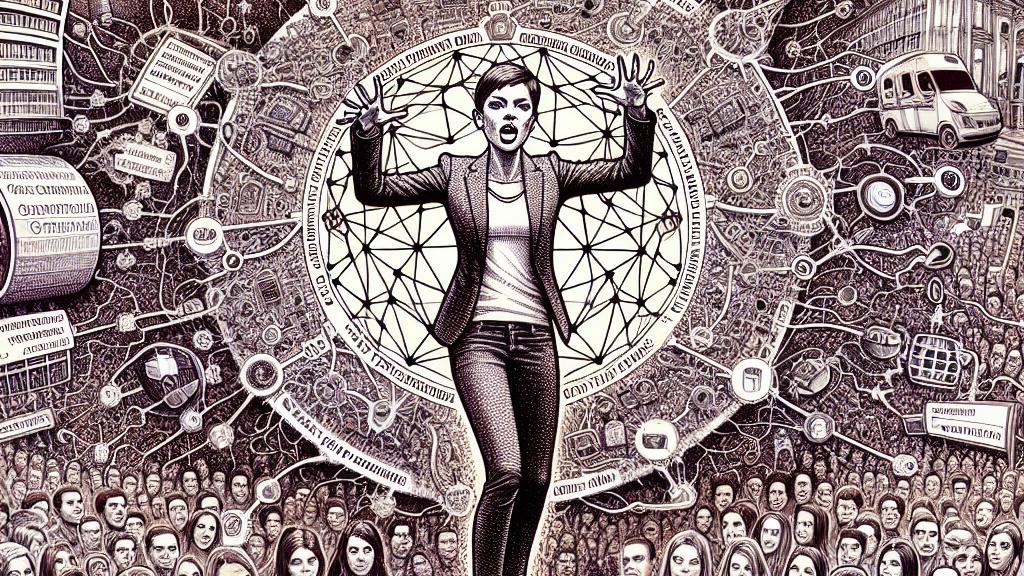Censorship as a Dominant Threat: Insights from Chelsea Manning
Overview
- Chelsea Manning warns that censorship is a profound threat to the freedom we experience online, calling for immediate action.
- She advocates for a decentralized internet framework that not only protects user data but also empowers individuals.
- Manning discusses the formidable challenges today’s whistleblowers face as they navigate through a sea of misinformation to find credible sources.

A Call for Decentralization
At the recent Web Summit in the lively city of Lisbon, Chelsea Manning passionately voiced her concerns about censorship, which she argues has become a critical threat to individual freedoms. Reflecting on her transformation from an Army intelligence officer to a prominent whistleblower, Manning envisions a future where a decentralized internet could revolutionize the power dynamics at play. Picture this: rather than allowing a handful of tech giants to dictate the visibility of our content through complex algorithms, individuals could reclaim authority over their own online identities and data. This isn't just an abstract notion; it's a necessary shift that could enhance user autonomy and accountability in the digital space. By embracing decentralized identification, we might find ourselves in a world where our choices truly matter.
The Complexity of Information
Manning asserts that we live in a paradoxical age—information has never been more abundant, yet discerning fact from fiction poses a colossal challenge. The constant barrage of news, particularly during major global events like the COVID-19 pandemic or significant political upheavals, can easily overwhelm even the most vigilant researchers. For instance, consider how social media exploded with varied narratives during the election season, with misinformation spreading like wildfire, clouding the truth and skewing public perception. Manning powerfully underscores that for whistleblowers and citizens alike, critical thinking becomes indispensable. It’s no longer about simply seeking the truth; it's about sifting through a chaotic sea of data to find what is verifiable and credible. This daunting task requires not just individual effort but also societal support to foster an informed populace.
A Better Social Contract
Moreover, Manning proposes a radical rethink of the relationship between tech companies and users, suggesting a 'better social contract' could pave the way for greater respect for privacy and user rights. This forward-looking framework would redefine information-sharing norms, ensuring that user consent is not a mere formality but an active, empowered choice. Imagine instead of mindlessly clicking 'accept' on lengthy terms and conditions, users could engage meaningfully with their privacy agreements—making informed decisions that truly reflect their values. Manning emphasizes that integrating innovative technologies, including encryption, can foster an environment where users are in the driver's seat. Such a shift would not only enhance trust between individuals and platforms but also cultivate a culture of transparency and ethical responsibility online. In the rapidly evolving digital age, creating this kind of supportive framework could be paramount, returning power to the individual and paving the way for a more just internet.

Loading...